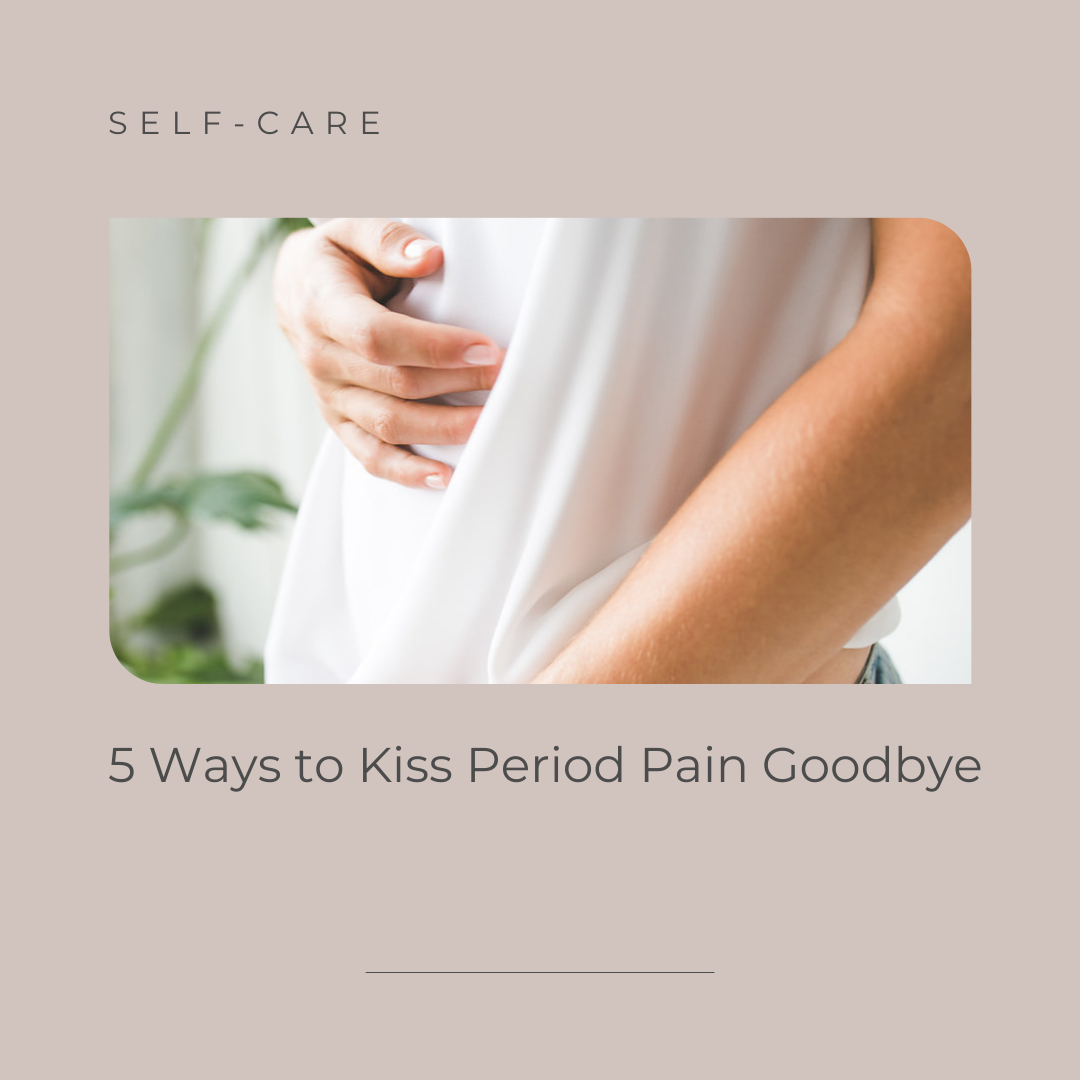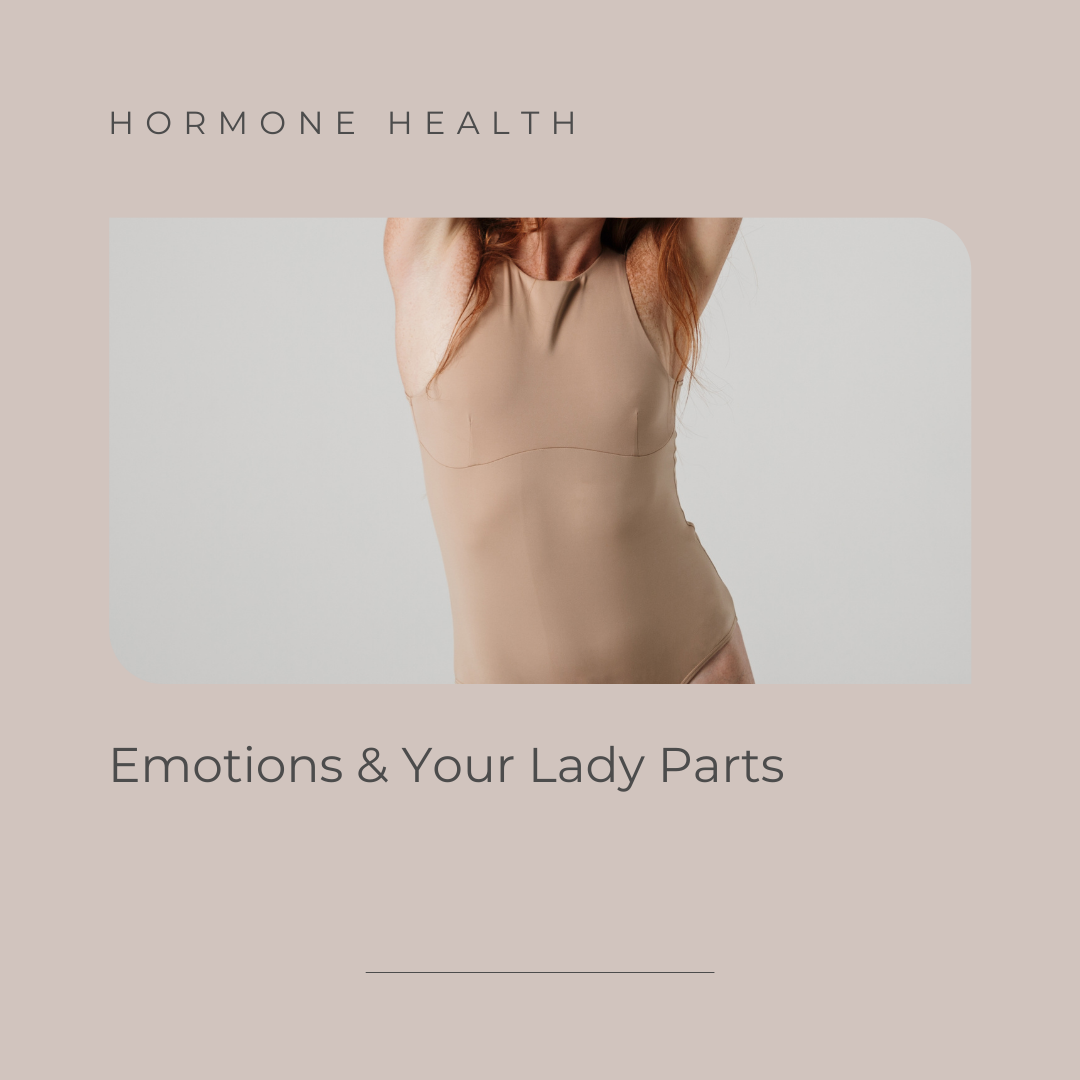Have you been feeling sluggish, uninspired or just flat out “blah”?
Or maybe you’ve noticed aches, pains, acne, digestive stuff or what about pelvic stuff?
Most women experience a normal level of inflammation, whether it’s from inevitable wear-and-tear on joints and from the day-to-day demands of family and professional life.
But if you find yourself eating all the wrong stuff, staying up too late, not prioritizing exercise or binging on alcohol and sugar, there’s a good chance you’re dealing with some serious inflammation.
It’s just a matter of time until, creatively, it will grind you to a halt.
While inflammation is a natural part of being alive—and it’s our body’s chemical way of protecting itself —what we don’t want is inflammation in our body ALL the time.
Chronic inflammation disrupts our hormones, leads to premature aging, damages our egg quality, and can even lead to infertility.
As a nutritionist and your creative fem guide, my goal is to help you reduce inflammation in your body so you can prevent the very real damage it’ll have on your health and creativity in the long run.
Here are some specific solutions you can make to reduce inflammation and get you feeling radiant again.
Inflammation & Digestion
If you’re noticing a lot of digestive issues like gas, bloating or constipation, you might be eating too many pro-inflammatory foods. Not only do these foods damage your intestinal lining and trigger an inflammatory response but they’ll hinder absorption of nutrients and lead to nutritional deficiencies.
What to Do
Eliminate the following inflammatory foods from your diet:
dairy
unfermented soy
vegetable oil
trans fats found in fried foods
white bread
white pasta
processed meats
sugary drinks
Inflammation & Hormones
Inflammation increases the action of something called steroid sulfatase which activates hormones like DHEA-S and Estrone-S. We need steroid sulfatase in healthy amounts however too much can result in too much active DHEA and Estrone.
Too much Estrone in women can cause PMS, painful/heavy periods, weight gain (around hips + thighs), breast tenderness, and mood swings.
Too much DHEA can lead to mood swings, acne, male pattern baldness, and unwanted hair growth.
What TO DO
The body gets rid of excess estrogen and hormone metabolites through digestion, but we need enough fibre to keep things moving. Increase your dietary fibre to promote bowel regularity and to ensure excess estrogen is eliminated in the stool. Eat more leafy greens, dark coloured vegetables, nuts, seeds, and beans.
Inflammation & Acne
If you’re combatting skin issues and hormonal acne, there is a good chance inflammation is at the root of the issue.
If you tend to get acne just after ovulation or roughly 7-10 days before your period this means your body is not processing and eliminating certain hormones properly which is contributing to increased inflammation in the body. Excess estrogen causes skin inflammation and excess androgens causes sebaceous glands to produce more oil.
What to DO
Sweating is one of the ways our body purges toxins that would otherwise clog pores and plague the skin with acne. Sweating stimulates the pores on our skin to expand and contract to help cleanse dirt and oil.
Engage in some form of movement daily that brings your body to a sweat. Sweating will help manage clogged pores however it’s important to prevent the excess oil production in the first place by supporting your hormones and digestion.
Did you find this article helpful?
Are you dealing with any serious inflammatory conditions like dysmenorrhea (painful periods), PCOS, fibroids or endometriosis?
I’ve got your back lady. Let’s work together to tackle some of your major concerns.
Much love and lady flow care,
Elaine Clark, nutritionist, trauma informed educator, women's health pioneer, and founder of LADYFLOW. Elaine works with health conscious women to feel at home in their body and awaken to their creative potential. She offers a variety of tools to support women with her classes, trainings, retreats, and wellness products.












